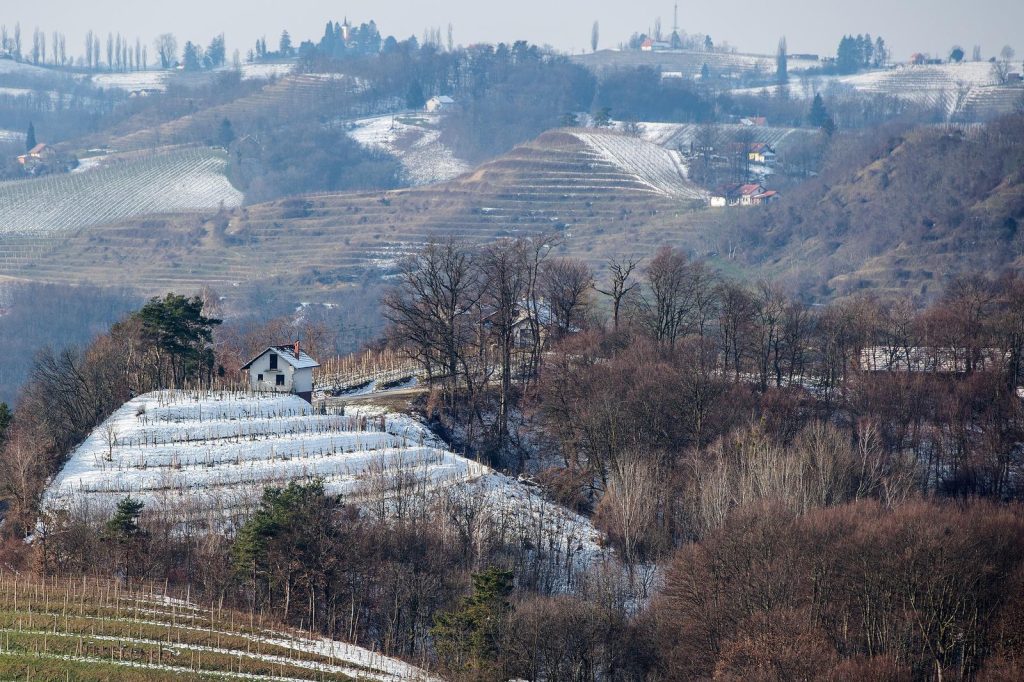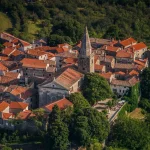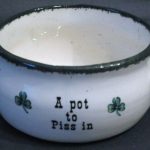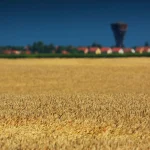We’ve looked into enough dialects and subdialects of the Croatian language to realise there’s much more to the language spoken in this country than what’s now known as standard Croatian. From the Dubrovnik subdialect with its Florentine and Venetian roots, and learning about Kajkavian and Chakavian, to old Dalmatian which is sadly dying with the last generations to speak it, the regional way of speaking across Croatia is extremely varied for such a small country.
Did you know that in some cases it gets a bit more complicated than the three ”main ways” of speaking (Kajkavian, Chakavian and Shtokavian)? There of course regionalities and variations within each of those, too, and let’s not even get started on the words only spoken on certain islands. Let’s take a look at the Northwestern Kajkavian dialect, which encompasses several areas of modern Croatian territory.
It is spoken in the border areas of Croatia from Slovenia and Hungary (around Kotoriba below Nagykanizsa and in Prekodravlje) all the way to the City of Zagreb. The Northwestern Kajkavian dialect can be divided into several sub-dialects; spoken in Samobor, Međimurje, Varaždin-Ludbreš, Bednjan-Zagorje and Gornjosutlan. There are some linguists and other experts in the Croatian language and in dialects who consider each of the ways of speaking in the aforementioned locations to be dialects in their own right, and not merely subdialects.
Veering off to be even more specific for a second, it’s worth mentioning that the local Bednja(n) dialect is considered to actually be the oldest form of the Kajkavian proto-dialect.
The Bednjan dialect is spoken by the inhabitants of the municipality of Bednja, which, in addition to Bednja itself, encompasses the areas of Pleš, Šaša, Vrbno, Trakošćan (which you’ll likely know of thanks to its stunning castle), Benkovec, Rinkovec, Prebukovje, and so on. The Bednjan dialect isn’t completely isolated, and most of its main features are also found in certain neighbouring areas like Lepoglava, Kamenica, and especially in Jesenje.
In scientific circles, Bednja speech is unfairly neglected, which makes it all the more important to mention the professor and dialectologist Josip Jedvaj, born in Šaša, who published the most precise and comprehensive study on the Bednjan speech so far in the Croatian Dialectological Collection, which is considered one of the best descriptions of one of the organic forms of speech of this part of the country. The people of the municipality of Bednja named a district school in Vrbno and a street in Bednja after him as a thank you for his efforts to preserve the Bednja language and not let it be lost to the often cruel hands of time, as has been the case for many words spoken in old Dalmatian.
Given the fact that the Northwestern Kajkavian dialect encompasses a fair few places, some (if not most) of which will have variations in their own locally spoken words, we’ll look at some more standard words used in this dialect, some of which are still used, and some of which might well be being forgotten in areas like Međimurje and beyond. Some can still be heard in Zagreb, even. I’ll provide their standard Croatian and English translations.
Astal – table/stol
Bajka – a thick winter coat/deblji zimski kaput
Cafuta – a prostitute/prostitutka (kurva)
De – where/gdje
Eroplan – plane/avion
Fajna – good looking or pretty/lijepa, fina ili zgodna
Gda – when/kad(a)
Harijada – when something is busy, unorganised or overcrowded/guzva, nered ili cirkus
Jagar – hunter/lovac
Kalamper (kalampir) – potato/krumpir
Laboda – ball/lopta
Marelo – umbrella/kisobran
Nemorut – someone who is useless, lazy or good for nothing/beskoristan ili lijen
Ober – above/iznad
Palamuditi – to talk shit or say stupid things/pricati gluposti
Raca – duck/patka
Senje or senji – dreams/snovi
Tolvaj – thief/lopov
Untik dosta – more than enough/vise nego dovoljno
Venodjati – to have sex or make love/voditi ljubav
Zajtrak (sometimes zajtrek or zojtrak) – breakfast/dorucak
For more on the Croatian language, from learning how to swear in Croatian to learning about the various dialects, subdialects and history of the language, make sure to keep up with our language articles in our lifestyle section.











